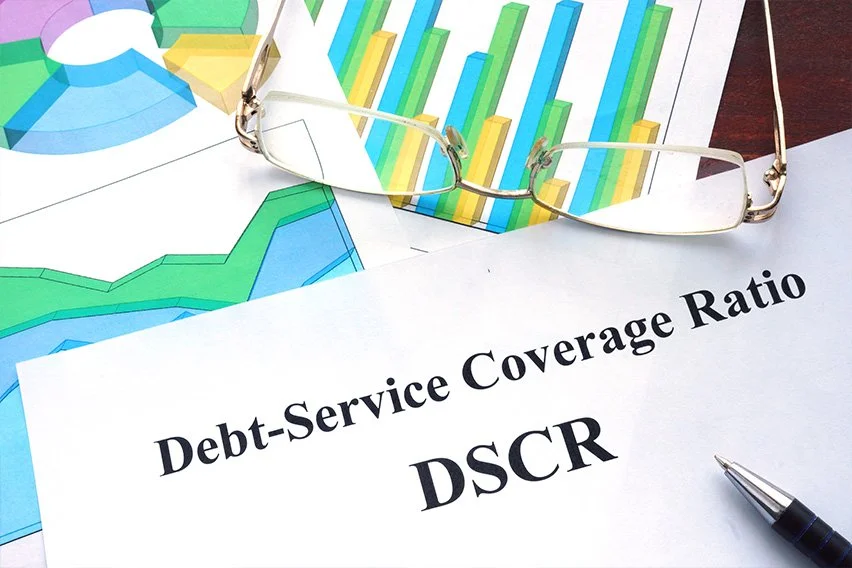As the real estate market continues to evolve, investors are constantly seeking innovative ways to…
Considering Refinancing? Factors to Evaluate Before Making a Decision
Refinancing your mortgage can be a strategic financial move that helps you save money or achieve your goals faster. With the potential to lower your monthly payments, secure a better interest rate, or access equity for other purposes, refinancing deserves serious consideration. However, before making a decision, it’s essential to evaluate various factors to ensure you’re making a wise choice for your financial future. In this article, we’ll explore the key considerations you should keep in mind when contemplating refinancing.
- Current Interest Rates:
Interest rates play a crucial role in determining the financial benefits of refinancing. Keep an eye on market trends and compare them to the rate you currently have. If the prevailing rates are lower, it might be an opportune time to refinance and secure a better deal. However, remember to factor in closing costs and fees associated with refinancing to determine your potential savings accurately.
- Financial Goals and Objectives:
Before refinancing, it’s important to assess your financial goals and objectives. Are you looking to reduce your monthly payments, shorten your loan term, or tap into your home equity? Understanding your motivations will help you choose the right refinancing option. For example, if you’re planning to move in a few years, refinancing to a lower rate with closing costs might not be the most sensible choice, as you may not recoup the upfront expenses.
- Loan Terms and Duration:
Consider the remaining duration of your current mortgage and how refinancing may affect it. Extending the loan term may reduce your monthly payments, but it could increase your total interest payments over the life of the loan. On the other hand, if you’re aiming to pay off your mortgage sooner, refinancing to a shorter term could help you achieve that goal. Evaluate the impact of refinancing on your overall financial situation and determine the most suitable loan term for your needs.
- Closing Costs and Fees:
When refinancing, be aware of the closing costs and fees associated with the process. These expenses typically include appraisal fees, loan origination fees, title insurance, and other charges. Calculate how long it will take to recoup these costs through your monthly savings. If you plan to stay in your home for a shorter period, it’s important to weigh the potential savings against the upfront expenses to ensure refinancing is financially advantageous.
- Credit Score and Qualification:
Your credit score plays a significant role in qualifying for favorable refinancing terms. Lenders typically offer the best rates and terms to borrowers with excellent credit scores. Before applying for refinancing, check your credit report, and take steps to improve your score if necessary. A higher credit score can lead to better loan offers, saving you money in the long run.
Refinancing your mortgage can provide numerous financial benefits, but it’s crucial to consider all relevant factors before making a decision. Evaluate current interest rates, define your financial goals, assess loan terms and duration, factor in closing costs, and review your credit score. By carefully analyzing these considerations, you can make an informed decision that aligns with your financial objectives and sets you on the path to long-term success.
NMLS #1401042 | info@citizensfinancial.co | 707-800-6047
#RefinancingTips #MortgageRefinance #FinancialPlanning #HomeOwnership #SaveMoney




